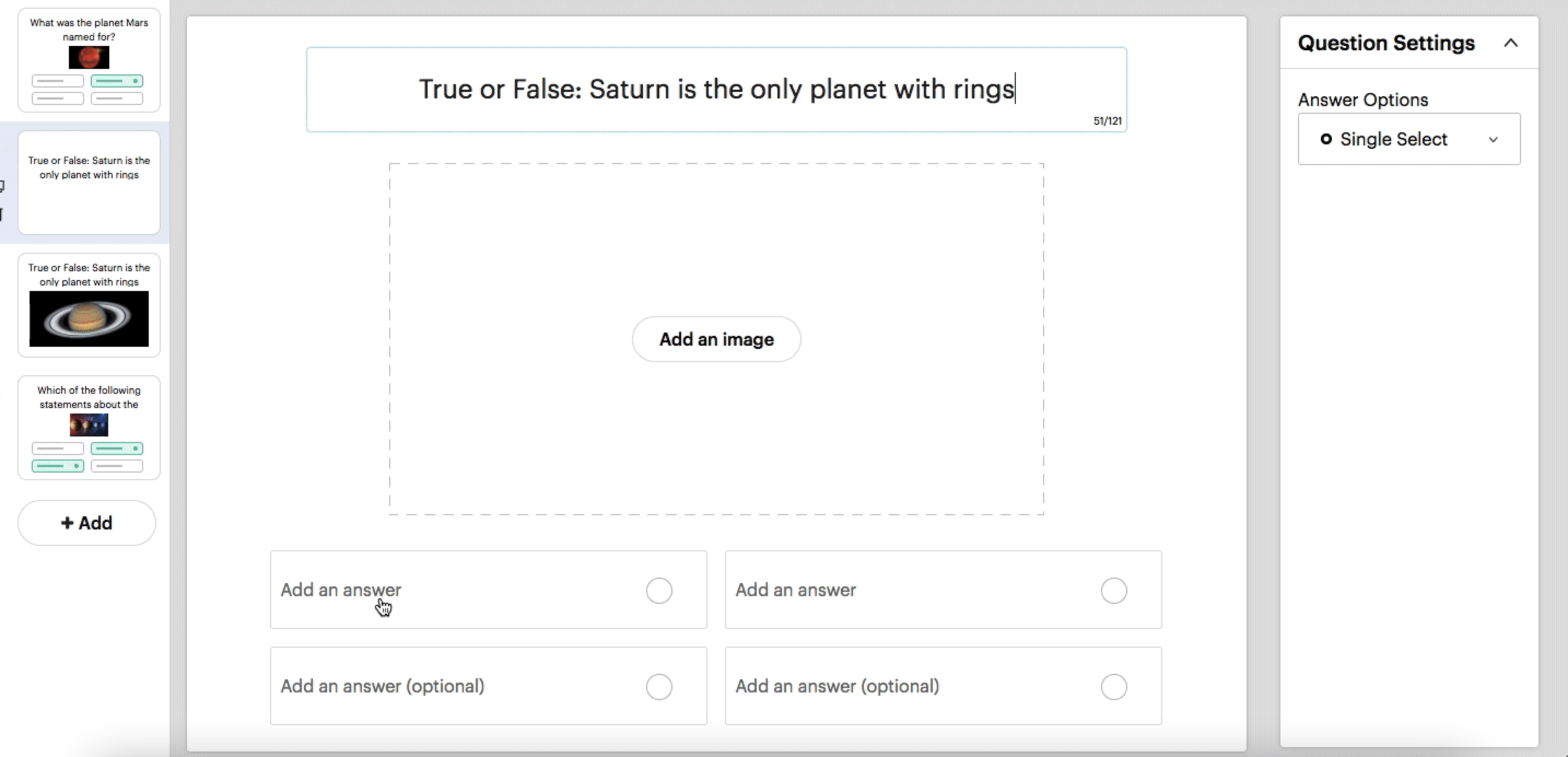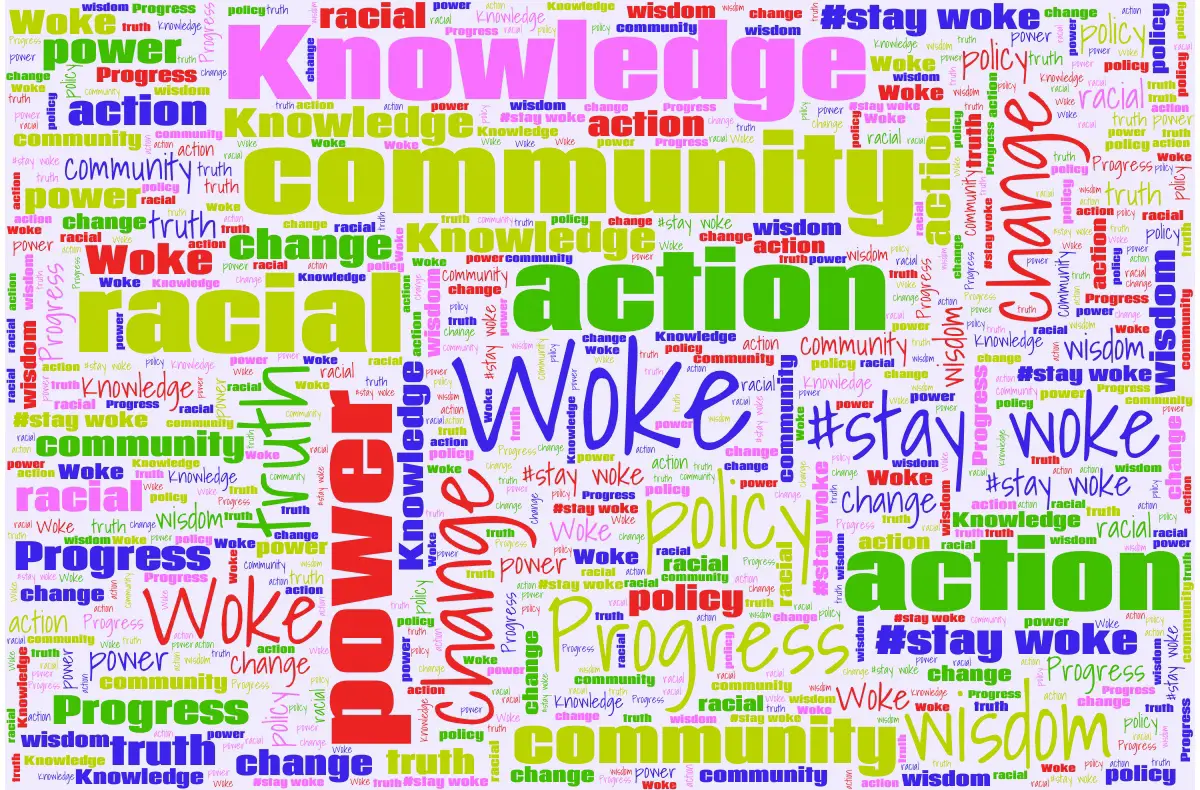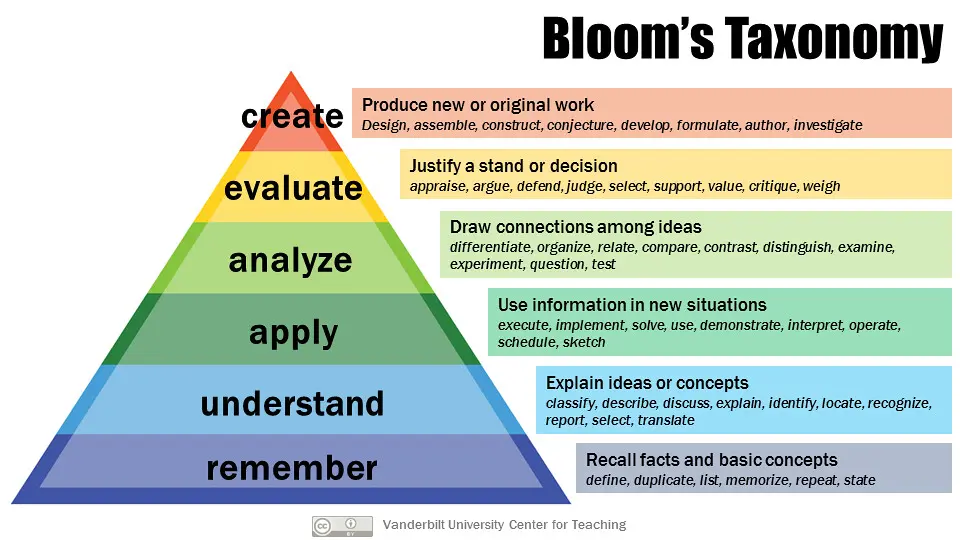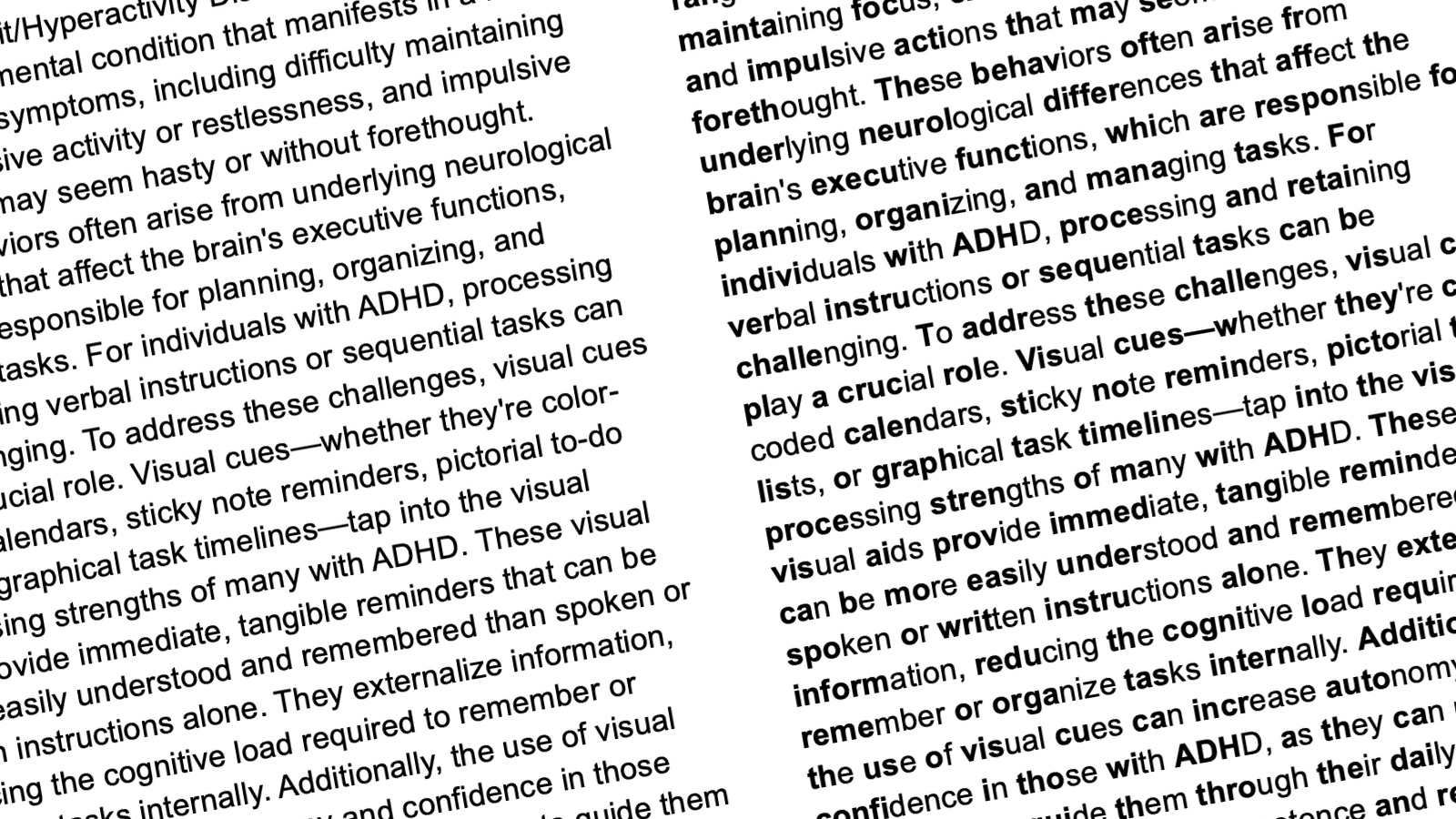Can teachers in the UK have tattoos?
There are many ways that we humans choose to express our individuality or perhaps our identification with a certain group, we may wear a particular style of clothing or footwear, style our hair in a distinct way, or even undergo body modifications, such as implants, piercings and tattoos. The reasons for these forms of self-expression … Read more









